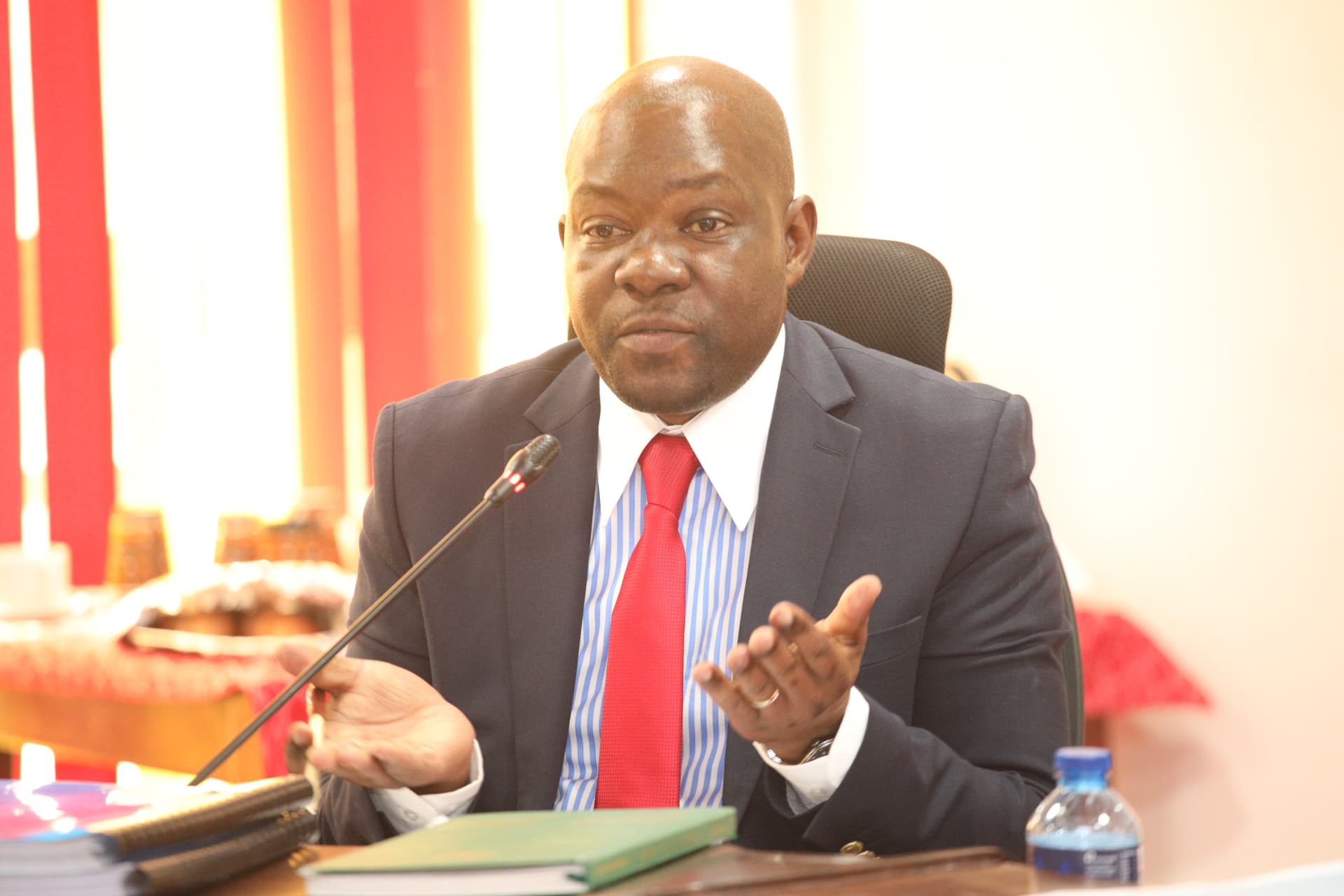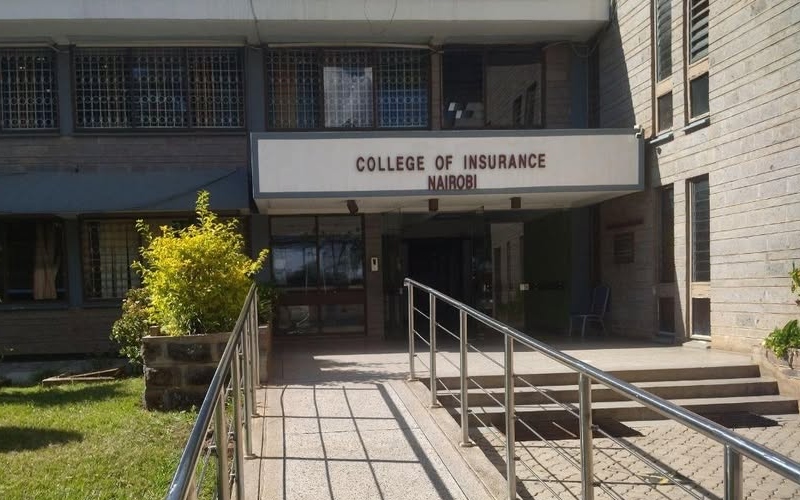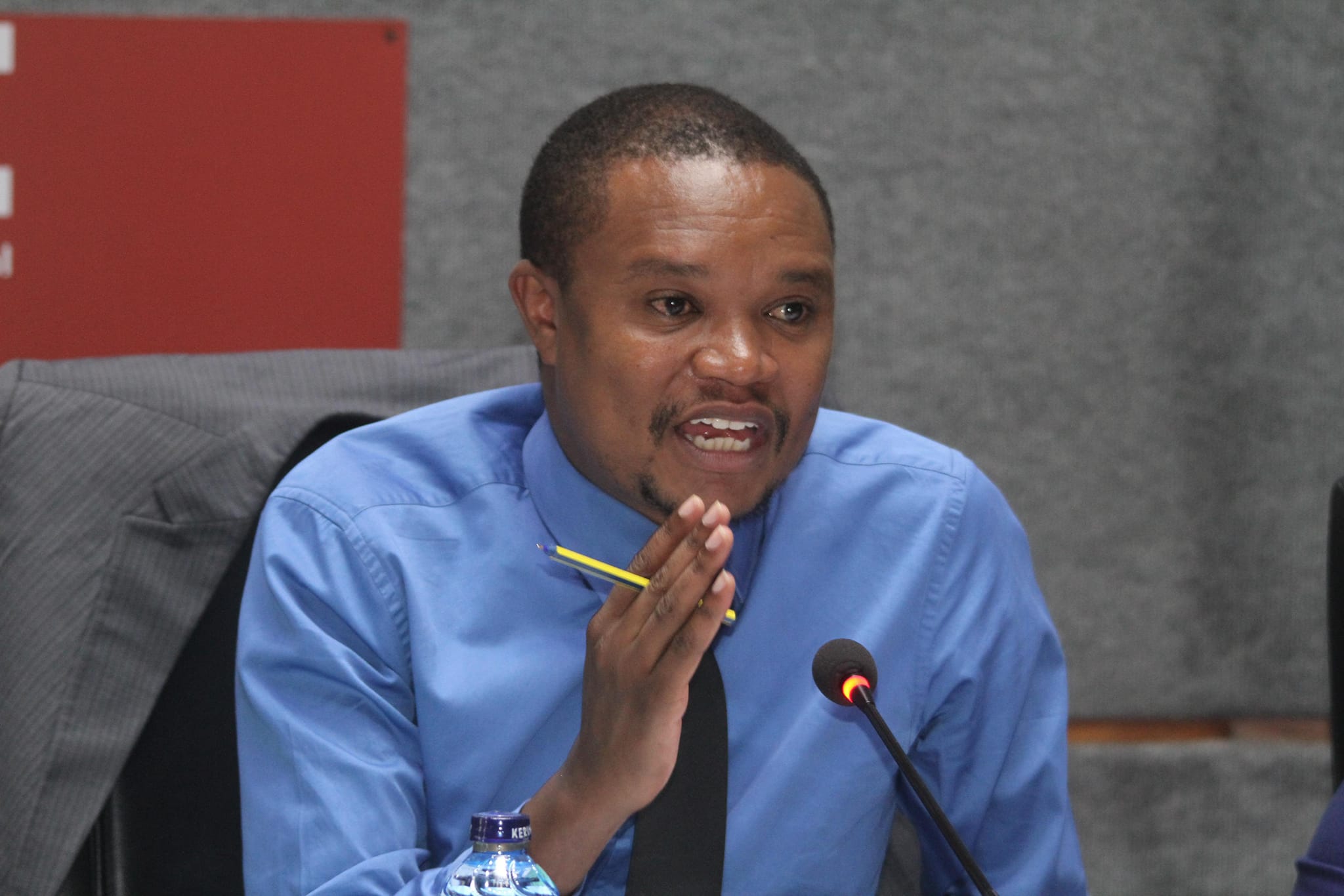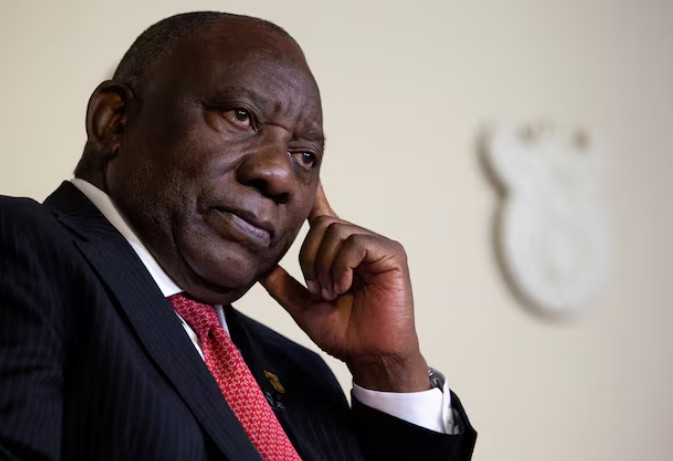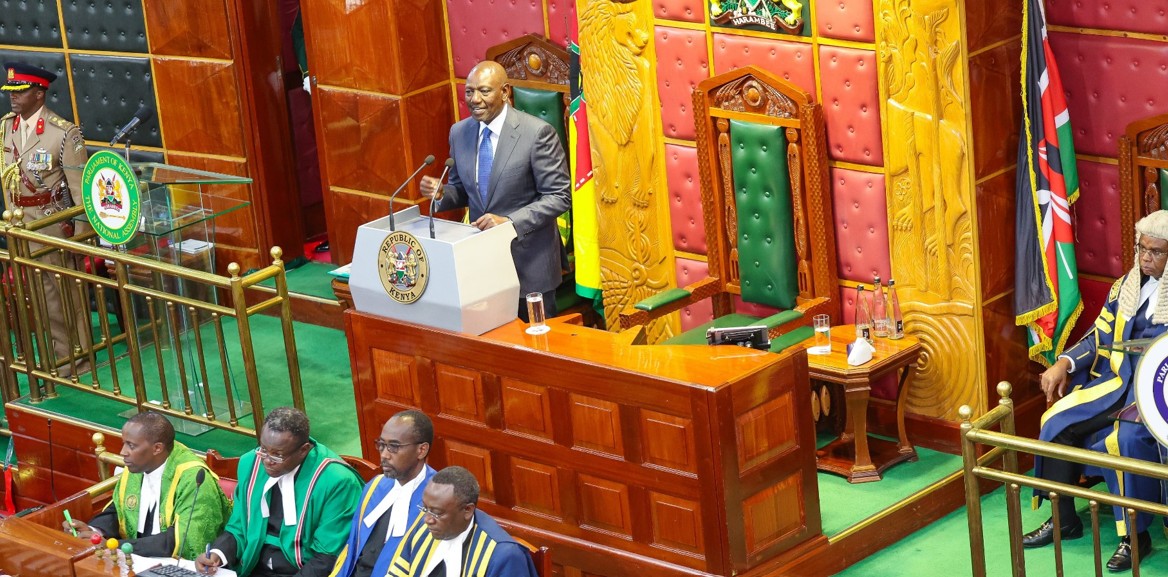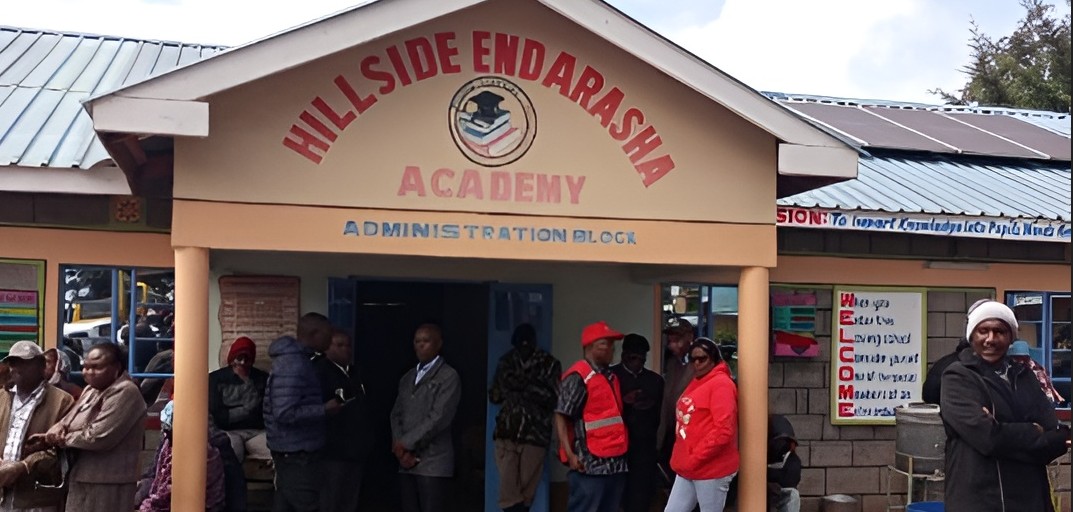MPs slam Nairobi transport authority over Sh1.8 billion budget breach, audit failures
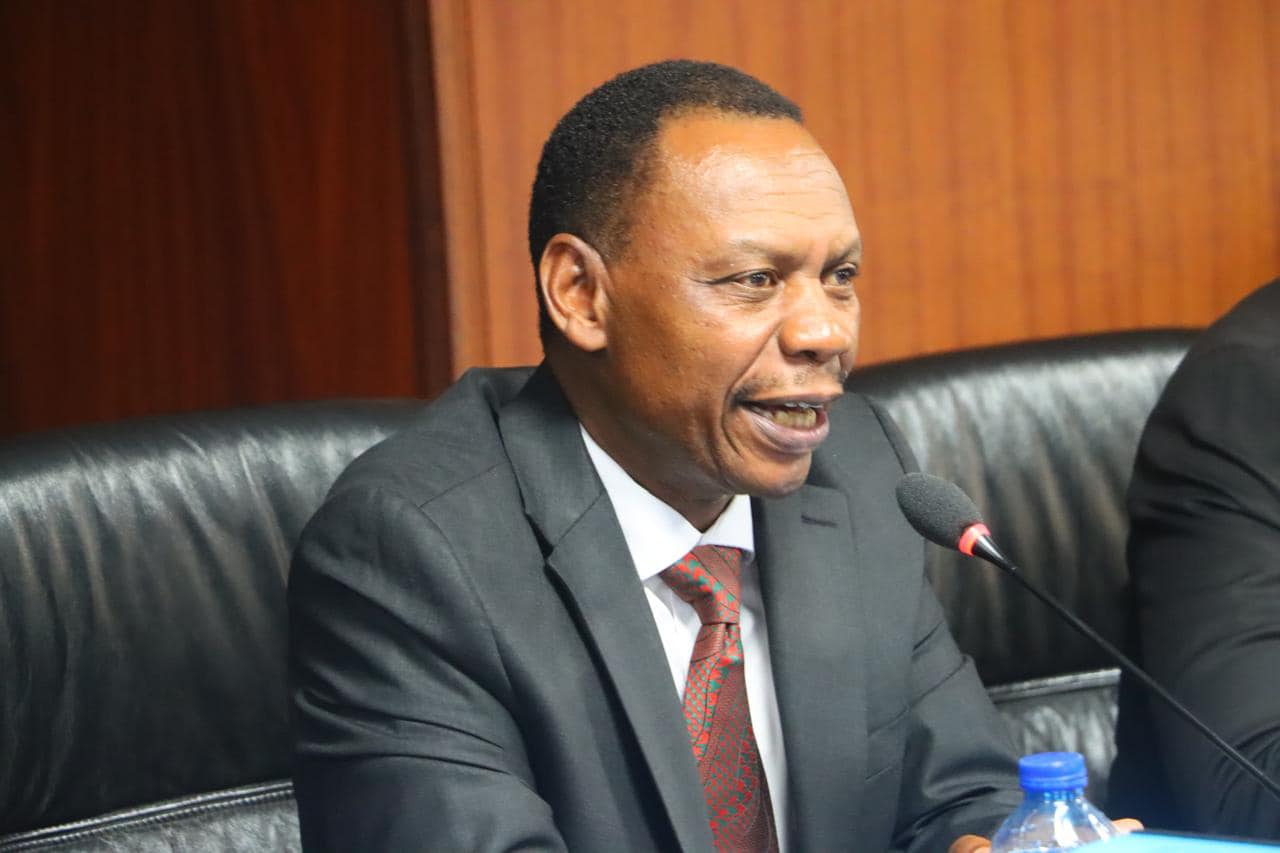
MPs warned that the Authority’s under-expenditure had undermined its ability to provide effective services.
The Nairobi Metropolitan Area Transport Authority (NaMATA) was on Thursday forced to defend itself before a parliamentary watchdog, as MPs raised alarm over a string of financial irregularities, including massive overspending, unexplained imprests, and poor accountability practices spanning four financial years.
Appearing before the National Assembly Public Investments Committee on Commercial Affairs and Energy, chaired by Pokot South MP David Pkosing, NaMATA’s top leadership faced intense questioning over audit reports for the 2019/20 to 2022/23 financial years, which pointed to glaring budget underperformance, questionable expenditure and prolonged financial mismanagement.
More To Read
- Kenya intensifies fight against misuse of public funds through new leadership training
- Majority of Kenya’s unclaimed assets under Sh1,000 - Auditor General
- Counties spend nearly half of budgets on salaries, audit shows
- Controller of Budget flags 16 counties for concealing true staff expenditures
- Bill proposes separate bank accounts for each State project to boost accountability
- CoB flags poor utilisation of development funds in counties, says only 12 met threshold
At the centre of the grilling was the revelation that NaMATA had only received Sh602 million against a budgeted Sh1.13 billion, representing a 47 per cent funding shortfall, yet still failed to spend Sh466 million of the received funds.
MPs warned that the Authority’s under-expenditure had undermined its ability to provide effective services.
“How can you plan effectively if you're always shooting in the dark with funding?” Pkosing asked.
MPs were equally concerned by Sh7.7 million in outstanding imprests at the end of the 2020 financial year, some of which had been issued afresh without prior surrender of previous advances, a direct violation of the Public Finance Management Regulations.
The Committee also flagged hospitality expenses amounting to Sh3.9 million, some of which had been paid to officers from the State Department despite their departments having separate budgets.
It further emerged that board expenses worth Sh1.66 million had been recorded in a different financial year, a move the Committee said went against standard accounting principles.
One of the biggest concerns involved a staggering Sh1.8 billion spent on development activities, exceeding the approved budget by 256 per cent.
NaMATA attributed the figure to a transition from cash-based to accrual accounting but was unable to produce supporting Treasury approvals, drawing further criticism from MPs.
Also questioned was the payment of Sh23 million in acting allowances to staff who had held acting roles for more than four years, a practice that violated public service rules limiting such roles to six months.
The Committee noted that the allowances were not taxed, contrary to income tax requirements.
MPs took issue with NaMATA’s continued use of manual accounting systems, warning that such outdated practices exposed public funds to manipulation and accounting errors. In response, Director General Eng. Francis Gitau assured the Committee that automation was underway and that a vendor had already been identified for the system rollout.
The Committee also demanded answers regarding Sh2.1 billion in outstanding trade payables, including Sh1.9 billion owed to a contractor handling Bus Rapid Transit (BRT) works on Thika Road.
MPs cautioned that failure to clear the pending bills could attract interest penalties and stall critical infrastructure development.
Gitau acknowledged many of the audit concerns and told MPs that NaMATA had initiated corrective steps, including tightening imprest controls, updating asset registers, and requesting supplementary funding from the National Treasury.
But MPs remained firm, insisting that accountability must be upheld without compromise.
“The people of Kenya cannot continue to fund a system where accountability is always an afterthought,” Pkosing said.
“NaMATA must streamline its operations and prove that it's capable of managing metropolitan transport effectively and transparently.”
The Committee directed the Authority to furnish all annexures referenced in its responses, including updated asset registers, new board appointments, and copies of Treasury approvals for the questioned transactions.
Top Stories Today

